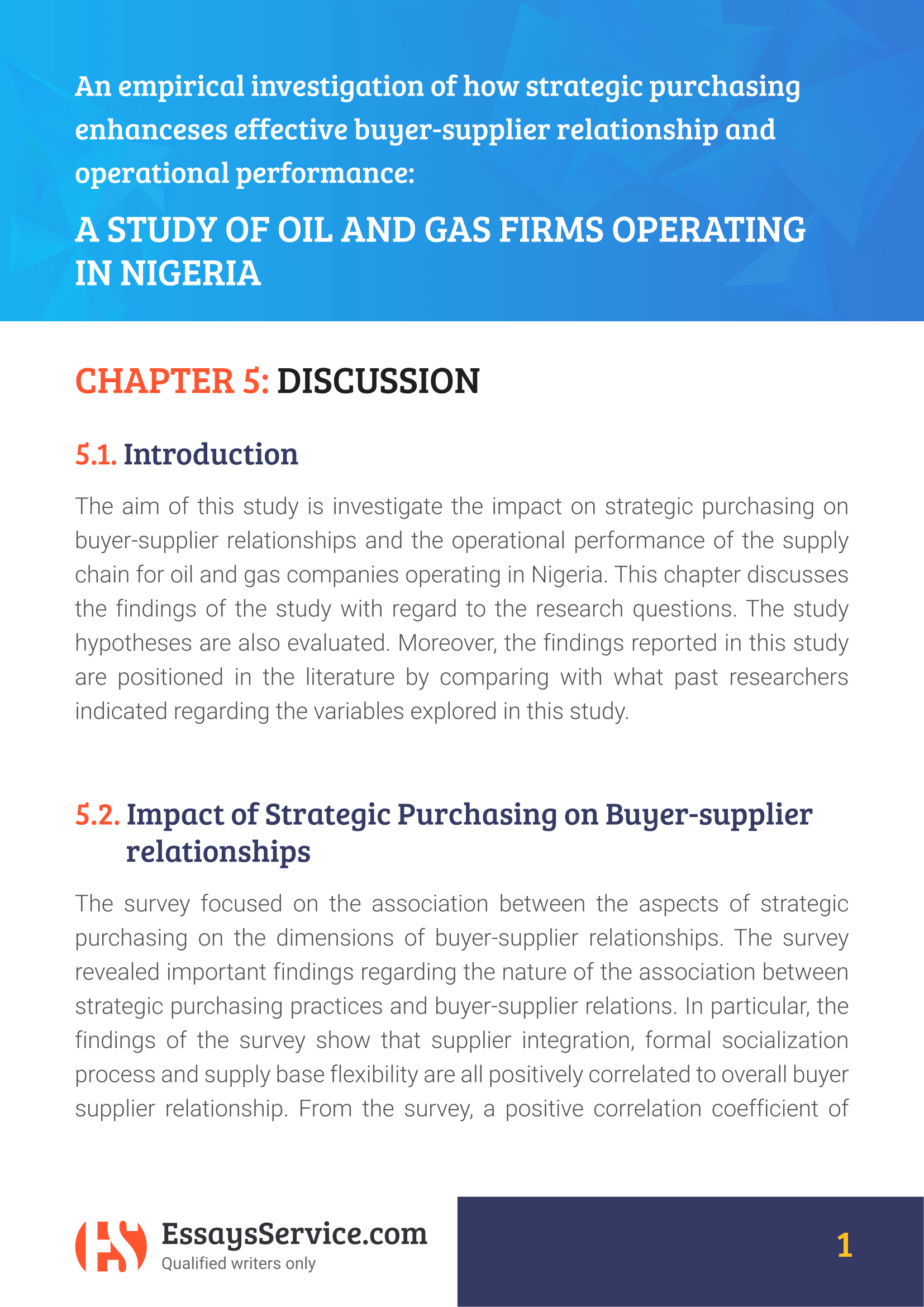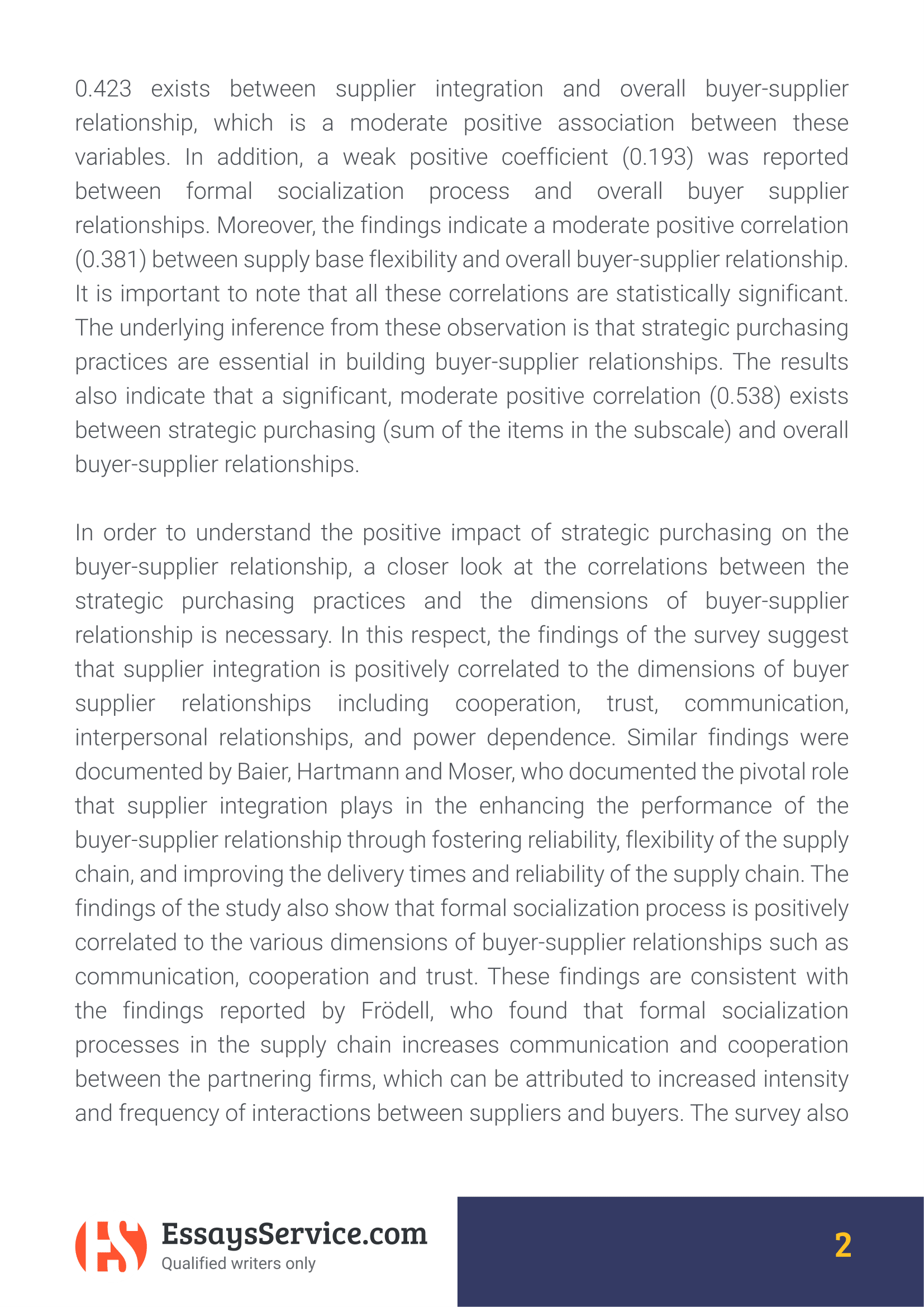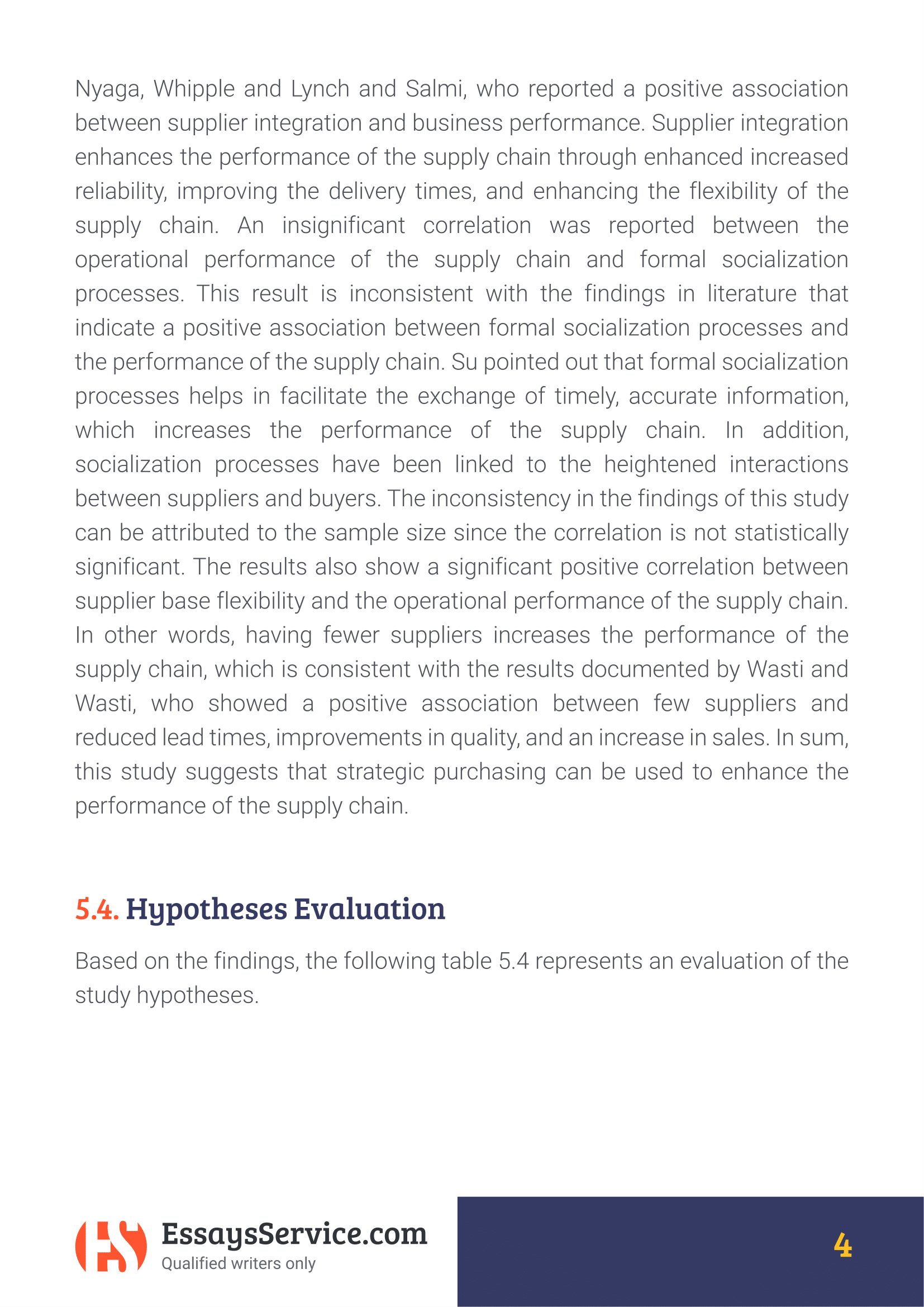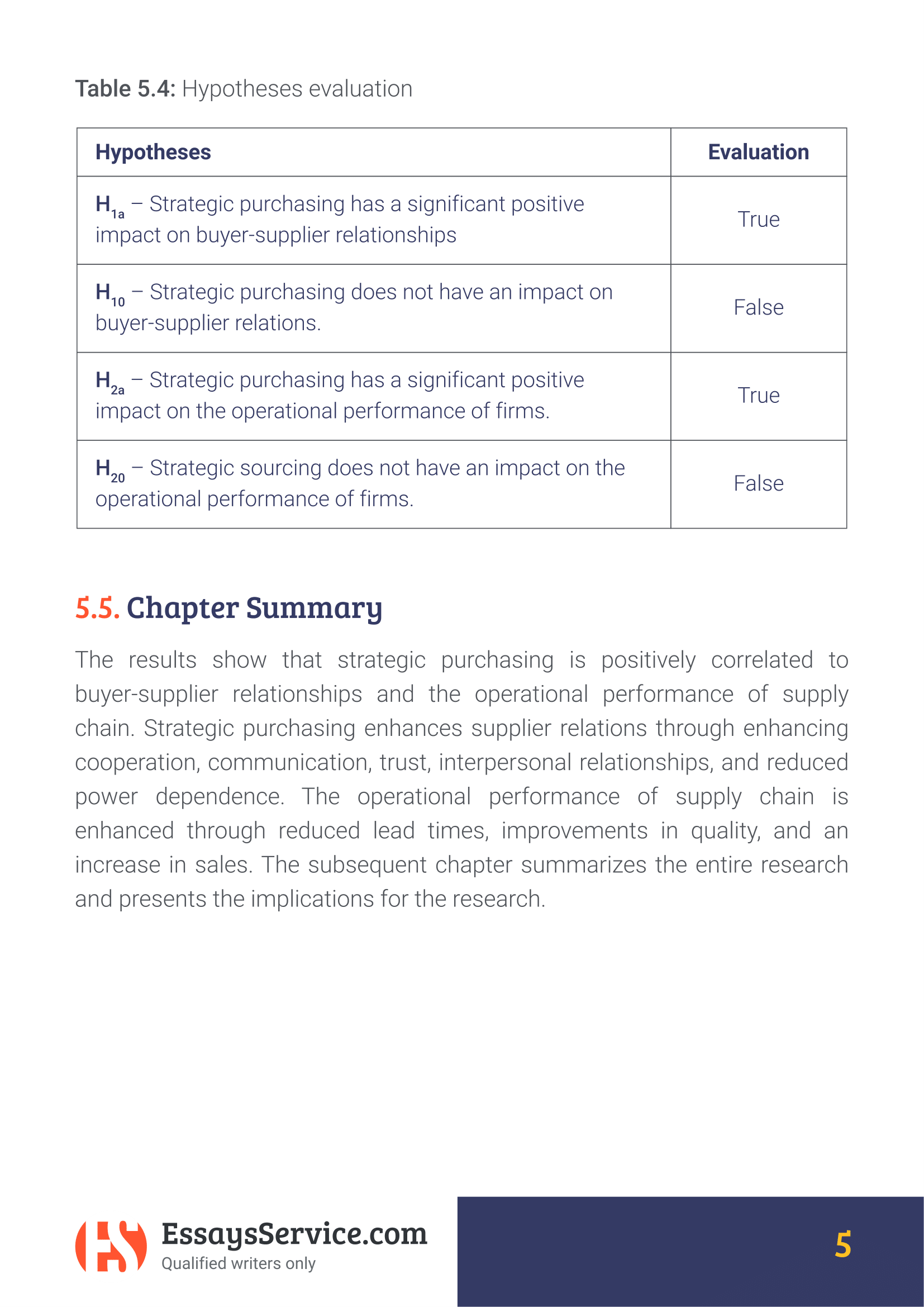A successful dissertation discussion chapter
Table of Contents
The aim of this guide is to provide valuable advice to doctoral-level students who have dissertations to write. More specifically, it explains how to write the dissertation discussion chapter for these papers. The first part of our guide describes the primary goals and different approaches. It then sets out twelve (12) steps we recommend you take. If you follow our advice, your discussion chapter should turn out to be quite effective.
Primary goals and different approaches to writing a discussion chapter
The writer should constantly keep the primary goals and objectives in mind when they sit down to write the different parts of a dissertation and this applies to discussion chapters. The goals generally include giving your own opinions, setting out how you have interpreted different elements, explaining your findings and their effects, and stating any predictions, suggestions, and recommendations for any further research work that may be needed in the future.
Once you have mentioned the goals and objectives, it is worth noting how you should approach the actual writing of this important chapter. Here are three important recommendations, which we suggest you follow:
- Address the question(s) that were set out in the introductory section (main research problem(s)/question(s))
- Demonstrate how your results/findings support your answers to these questions.
- Provide an explanation as to how your answers relate to what is already known about the topic/subject.
It should be borne in mind at all times that the discussion part is often considered to be one of the most important parts of a dissertation. Consequently, it should not surprise you if you have to make a few attempts at writing this particular chapter.
See also: “Abstract, introduction and conclusion for a dissertation”
The twelve essential steps to ensuring your dissertation discussion chapter is effective
First, it is important to ensure there is complete clarity in the message you want to convey in your discussion chapter. Therefore, it is best if the entire chapter is kept brief and precise, while clearly stating, explaining, elaborating on, defending, and supporting your overall conclusions. Make sure your writing provides a sensible commentary and is not merely a rehashing of the results. You should avoid straying onto side issues since these can be distracting and can obscure the very essence of the message you want to convey. While it is difficult to find a perfect thesis or dissertation, you should try and help readers decide what information is speculative and what is based on fact.
Follow these 12 logical steps when you begin writing a discussion section for a dissertation:
- The structure of a discussion chapter should move from ‘specific’ points to more ‘general’ ones so you should always try to keep this in mind. The aim is to transition and elaborate the discussion from the narrow aspects of your research work to a framework that is more general and fits the broader scope of the discipline your dissertation relates to.
- Keep in mind the tone you used in the introduction chapter and try to adhere to this. What this involves is sticking to the same viewpoint, tense, key terms, and so on as you used in the opening section.
- To begin the writing process, rewrite the research problem(s) or question(s) you will be addressing and restate the hypothesis you presented in the introductory chapter (if you included one). The next step is to set out your answers to the research question(s) and do not forget to support your answers with the results or findings from your research.
- Continue this chapter with an explanation of how the results you obtained related to the literature you reviewed and the general expectations of the study you have been undertaking. Explain in very clear terms why the results you describe can be considered acceptable and show how they fit consistently with existing knowledge that has previously been published on the topic. Where appropriate, make sure you use any citations that are relevant.
- Do not forget to give the right amount of attention to all results that relate to your paper’s research problem or question(s). You should do this irrespective of whether the results held any statistical significance or not.
- When describing your most important results or findings, it is important not to forget to draw the readers’ attention to all the main principles, patterns and relationships that are evident in them and to put these into some sort of perspective. It is also important how you present the sequence of this data/information e.g. 1) start by setting out the question’s answer, 2) show any results that are relevant and 3) cite relevant work from reliable sources. Where necessary and/or appropriate, direct your readers to any relevant figures, graphs, and/or any other data that is likely to strengthen your argument(s).
- Remember that your answers will need to be defended. There are two methods you can use when attempting to do this e.g. a) explain why your answers are valid and b) demonstrate how other answers have shortcomings. Showing each side of an argument will add conviction to your viewpoint.
- You should additionally be sure to draw attention to any data that is or appears to be conflicting. It is possible to make a strong point by evaluating and discussing any explanations in your findings/results that are conflicting. This technique is a good way of winning over readers so that they are sympathetic towards any truths and genuine knowledge in your work.
- Make a point of discussing any results or findings that were unexpected. The best way to do this is to write a first paragraph about your results/findings and then go on to describe these. You also should identify any perceived weaknesses or limitations that apply to your research study. You should then offer a commentary on how important any weaknesses or limitations are to the way your results have been interpreted and whether and/or how these might impact their validity. The tone you use when describing any limitations should not be apologetic since there are some limitations to virtually every type of study.
- Write a short summary describing the main implications of the results/findings from your study (this is important irrespective of their statistical importance). Remember to offer one or two recommendations about any possible additional work that may be required at a future date.
- Show readers how your findings/results as well as the conclusions drawn from them have significance. Show also how their potential impact contributes to a wider comprehension of whatever question(s) or problem(s) are being examined in your dissertation.
- One final piece of advice: Everything that is relevant to your study should be discussed but do this in a specific, brief, and right to-the-point manner.


Why order a PhD thesis or dissertation from EssaysService.com?
We provide cheap and quality academic writing services. If you are in search of a discussion chapter for a dissertation, we are exactly what you are looking for as you can buy any writing assignment here. Our company is globally accepted for quality and premium custom papers. We have around 8,000 customers around the world who have all benefitted from our reliable writing services. Our growing customer base is attributed to the high quality that we continually keep providing. The writing industry is flooded with so many dissertation writing companies, some of which offer cheap online services but with very poor results. Other companies promise you a quality service but end up taking advantage of your desperation to make a selfish financial gain.
The last thing you really want in your academic career is an erroneous and plagiarized paper that will translate to a poor grade. Plagiarism is a special kind of dishonesty which can have heavy implications on your academic life. You could even end up disqualified or discontinued from the university. In addition, an erroneously written paper will make you be regarded as ineligible of writing a dissertation. Do not even think of risking your academic career by seeking the services of unapproved academic writing companies. With us, your academics will keep soaring. We will never let you down, and we will make your lecturers and parents be proud of you.
Free dissertation discussion chapter example written by experts
Quality writers you need from trustworthy service
To achieve your targets and manage your valuable time efficiently, use EssaysService.com’s writing discussion chapter for a dissertation services. Our professional assistance will make life easier for you and you will discover that completing such vital assignments can be quite pleasant. Once you purchase help from EssaysService.com in writing discussion chapter for a dissertation, your assignment will get the careful attention it deserves. We will organize your ideas and thinking so that the final paper is perfect. So, do not delay! If you want top-quality assistance from our company, we will not disappoint you.











